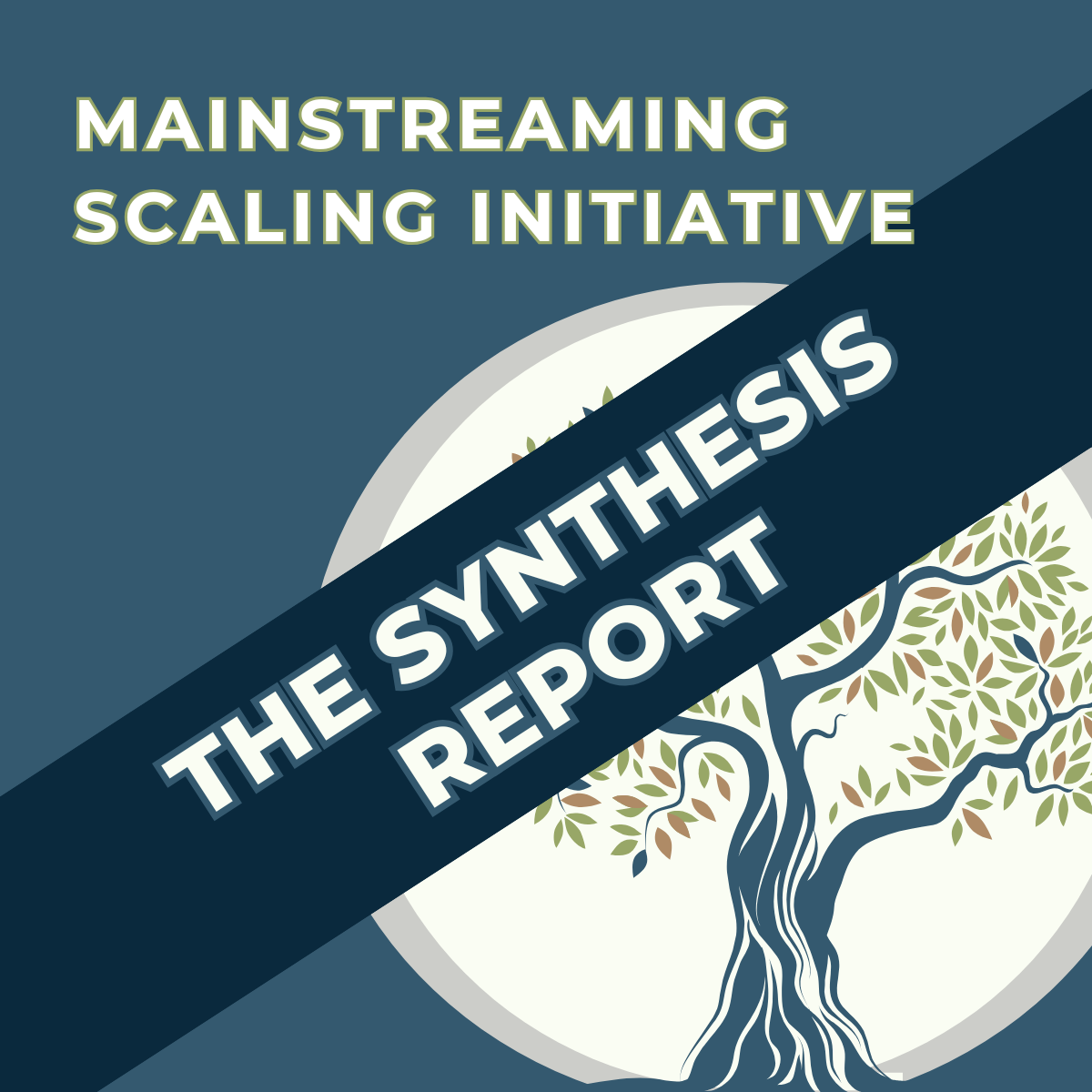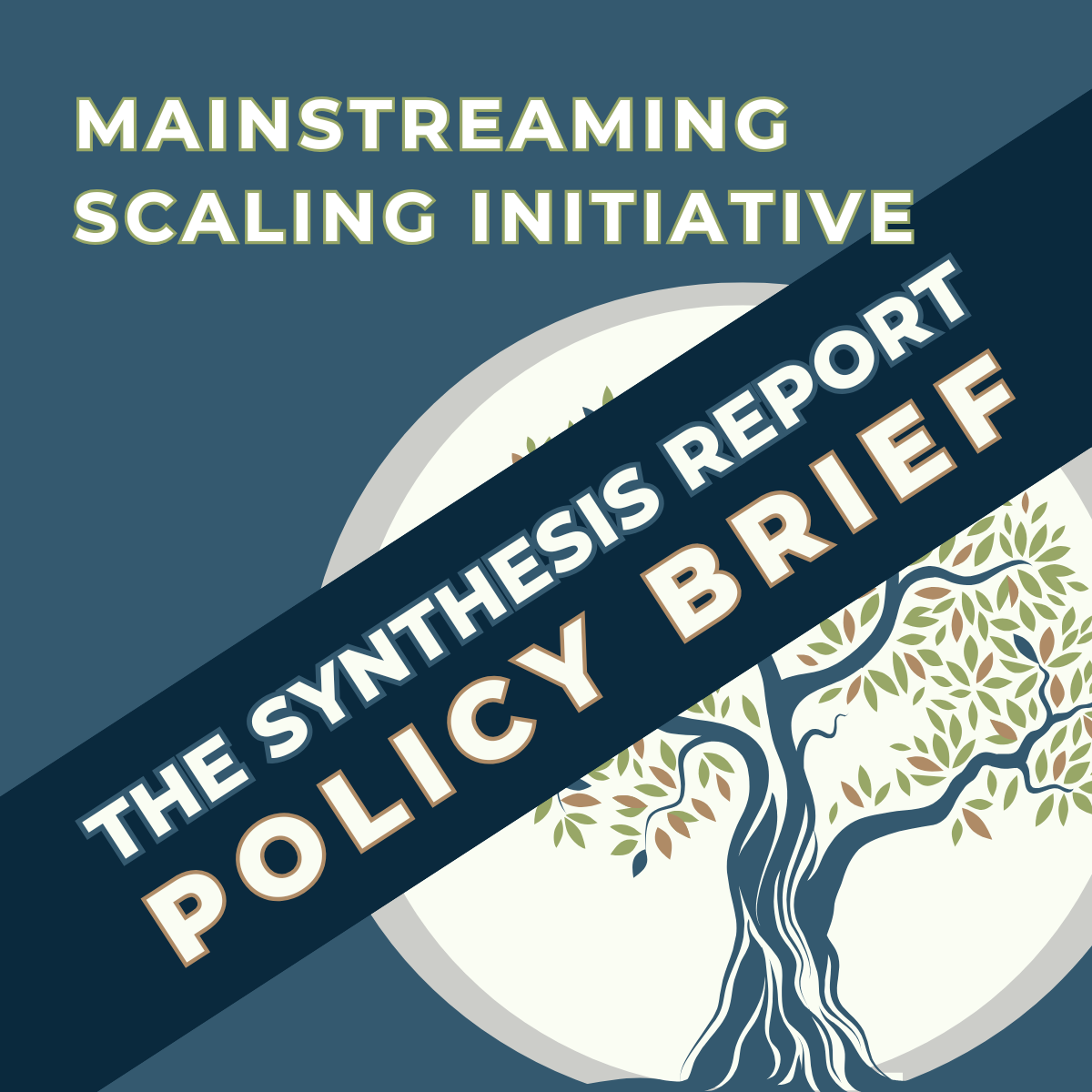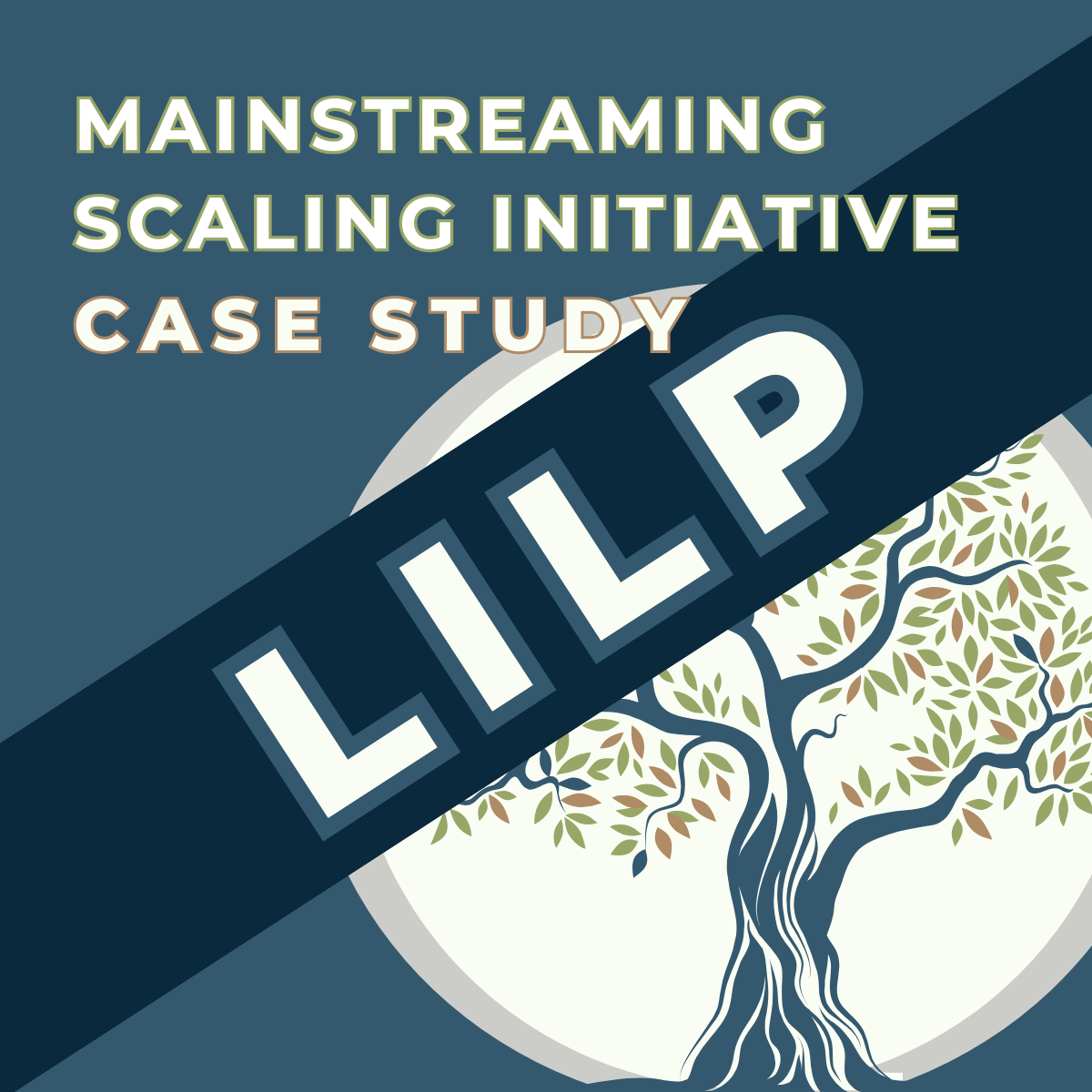The Agribusiness Market Ecosystem Alliance (AMEA) was established in 2016 to accelerate the professionalism of Farmer Organizations (FOs) and agri-SMEs. AMEA’s mission is to transform the systems that support farmers organisations and agri-SMEs to create value for farmers and themselves. AMEA’s approach is to provide a platform that enables stakeholders to learn, innovate and scale up the most effective ecosystem approaches for supporting farmers. By 2030, AMEA aims for 50 million farmers to be served by enterprises that have been supported to grow by improved, coordinated business development services (BDS).
AMEA has a global theory of change which is used to stimulate national multi-stakeholder dialogues. These dialogues produce contextualized local BDS Roadmaps (https://amea-global.com/roadmaps/) that have different strategies to change the BDS market system in each country. The strategies chosen depend on stakeholder interests and the opportunities available. For example:
- In Uganda this process morphed into a full National BDS Strategic Framework led by the Ministry of Finance, Planning and Economic Development (click here to read).
- In Tanzania the National Economic Empowerment Commission, which is within the Office of the Prime Minister, led a process to develop and launch BDS Guidelines.
- In Benin, the Directorate of Rural Legislation, Support to Professional Organizations and Agricultural Entrepreneurship (DLROPEA) led a process to adopt ISO 18716 (https://amea-global.com/standards/) and pilot a data driven approach to supporting professionalisation of Agri-SMEs.
AMEA currently supports the development of national BDS Roadmaps and the strategic initiatives that flow from these processes in 8 countries – Ivory Coast, Ghana, Benin, Rwanda, Uganda, Kenya, Ethiopia and Tanzania. In addition AMEA supports deeper learning to find scalable approaches for supporting Agri-Enterprises and promotes best practices through a peer reviewed Toolbox (https://amea-global.com/toolbox/), case studies (https://amea-global.com/case-studies/) and collaborative research, such as ISF’s study on BDS Cost Effectiveness and the Agri-SME Learning Collectives Segmentation Paper (https://isfadvisors.org/assessing-the-cost-efficiency-and-effectiveness-of-business-development-services-for-agri-smes/).
AMEA believes it has a strong case to claim that it has already influenced the improvement of BDS to over 3 million farmers. The target of 50 million farmers by 2030 is ambitious but achievable, especially as this is being achieved on a modest budget of approximately Euro 50,000 per country. This is possible as AMEA members and partners are committed to the mission and contribute significant financial and non-financial resources.
AMEA therefore believes that it has an approach that enables scaling of best practices as it is built on a foundation of multi-stakeholder dialogue that produces collaborative action. We also believe that the outcomes are sustainable as the strategic initiatives are anchored in the market system through the institutional adoption of standards, guidelines and approaches that are underpinned by continuous learning and adaptation.


